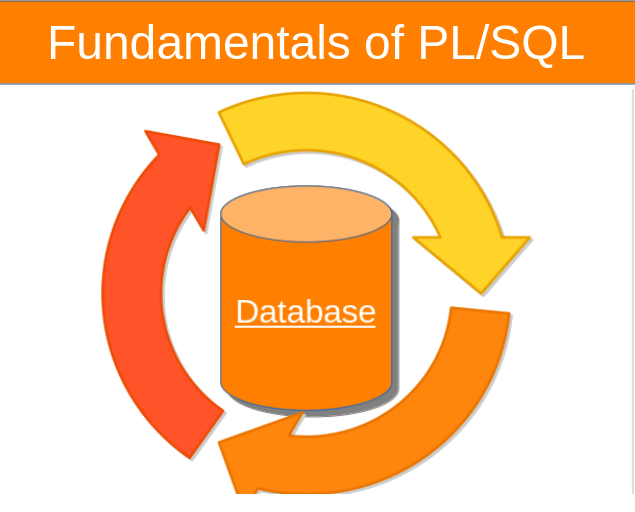Assignments and Expressions in PL/SQL
- compnomics
- Nov 7, 2024
- 2 min read

Assignments
In PL/SQL, assignments are used to assign values to variables. The assignment operator is :=.
Syntax:QL
variable_name := expression;
Example:
DECLARE
v_salary NUMBER(10,2) := 50000;
v_name VARCHAR2(50) := 'John Doe';
BEGIN
-- ...
END;
/
Expressions
Expressions are combinations of operators, operands, and function calls that evaluate to a value.
Types of Expressions:
Arithmetic Expressions:
Use arithmetic operators like +, -, *, /, and %.
Example: x + y * 2
Relational Expressions:
Use comparison operators like =, !=, <, >, <=, and >=.
Example: age > 18
Logical Expressions:
Use logical operators like AND, OR, and NOT.
Example: (age > 18) AND (salary > 50000)
String Expressions:
Use string concatenation operator ||.
Example: 'Hello, ' || name
Operator Precedence
Operator precedence determines the order in which operators are evaluated in an expression. The following table shows the precedence of operators in PL/SQL, from highest to lowest:
Operator | Description |
NOT | Logical NOT |
*, /, % | Multiplication, division, modulo |
+, - | Addition, subtraction |
` | ` |
=, !=, <, >, <=, >=` | Comparison operators |
AND | Logical AND |
OR | Logical OR |
Example:
DECLARE
x NUMBER := 10;
y NUMBER := 5;
z NUMBER;
BEGIN
z := x + y * 2; -- z will be 20
z := (x + y) * 2; -- z will be 30
END;
/
By understanding assignments, expressions, and operator precedence, you can effectively write complex PL/SQL code to manipulate data and perform calculations.




Comments